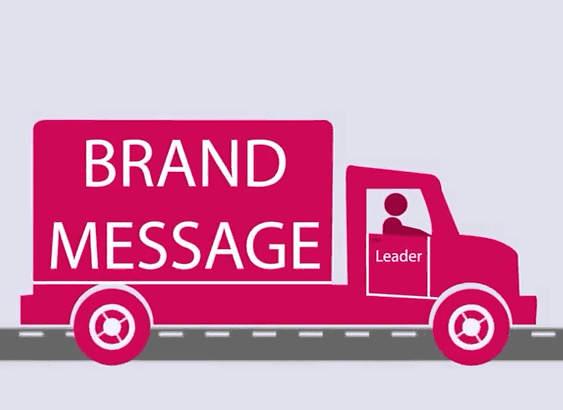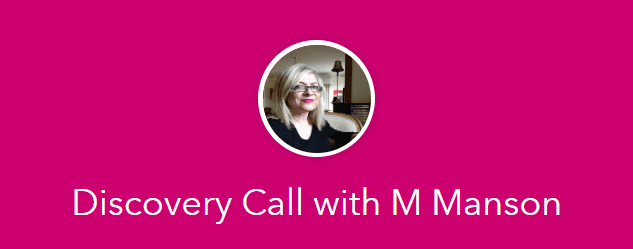 Success is what we all strive for. But it is not Success that helps you move forward. If you analyse Success, you are looking in a rear-view mirror and will only try to duplicate your previous actions. But as Heraclitus observed 2500 years ago, you cannot step twice into the same river. The actual value of learning is from being able to take lessons from Failure.
Success is what we all strive for. But it is not Success that helps you move forward. If you analyse Success, you are looking in a rear-view mirror and will only try to duplicate your previous actions. But as Heraclitus observed 2500 years ago, you cannot step twice into the same river. The actual value of learning is from being able to take lessons from Failure.
Failure is so important to Leadership that HBR has dedicated the entire issue to Failure. Here, Seth Godin, one of the leading modern day philosophers re-defines Failure in this classic HBR article.
Redefining Failure by Seth Godin.
We think we know what failure looks like. Products don’t get purchased. Reorganizations make things worse. Shipments aren’t delivered. Speeches don’t get applauded. Things explode. These are the emergencies and disasters that we have nightmares about. We think that failure is the opposite of success, and we optimize our organizations to avoid it. We install layers and layers of management to eliminate risk and prevent catastrophes. One surefire way we’ve found to avoid failing is to narrowly define what failure is—in other words, to treat almost everything that happens as a nonfailure. If the outcome of our efforts isn’t a failure, there’s no need to panic, is there?
Failure creates urgency. Failure gets you fired. Failure cannot stand; it demands a response. But the status quo is simply embraced and, incredibly, protected.
Given our strong cultural bias against failure, this probably won’t win me any fans, but I think we have no choice but to aggressively redefine the concept to include far more outcomes than our current definition does. Every day, there’s a line (sometimes 10 minutes long) to use the ladies’ room at Grand Central in New York. This is a failure. It’s a failure of design, of gender relations, and of resources. Because it’s not currently treated as a failure, it doesn’t get addressed. We’re fine with the status quo.
Every day, thousands of people call your business’s customer support line because they don’t understand how to use one of your products. This is a failure. It’s a failure worse than if they hadn’t bought your product at all. A zero-sales situation might set off alarm bells—but the ringing phone feels like a normal interaction, not a failure. And every day, some of your company’s resources and assets go to waste. The permission your best customers have given you to market to them is abused when you send them unwanted pitches. The momentum you’ve worked so hard to create for your new product line is squandered because your marketers are busy focusing on other things. These are failures, failures as urgent as if a wheelbarrow of cash were burning unchecked in the parking lot of your building.
If you care about your company, your customers, and the meaning of value, you’ll care enough to re-examine your definition of failure. Here are a few types to consider adding to the mix:
Design failure. If your product or service is misdesigned, then people don’t understand it, don’t purchase it, or may even harm themselves when they use it, and you have failed.
Failure of opportunity. If your assets are poorly deployed, ignored, or decaying, it’s as if you are destroying them, and you have failed.
Failure of trust. If you waste stakeholders’ goodwill and respect by taking shortcuts in exchange for short-term profits, you have failed.
Failure of will. If your organization prematurely abandons important work because of internal resistance or a temporary delay in market adoption, you have failed.
Failure of priorities. If your management team chooses to focus on work that doesn’t create value, that’s like sending cash directly to your competitors, and you have failed.
Failure to quit. If your organization sticks with a mediocre idea, facility, or team too long because it lacks the guts to create something better, you have failed.
Failure of respect. If you succeed without treating your people, your customers, and your resources with respect and honesty, you have failed.
And, of course, the most self-referential form of failure is the failure to see when you’re failing.
Go ahead. Enrich your creative inputs.
 InnoFuture exists to help businesses deepen their innovation capacity and to inspire them to adopt innovation as a way-of-life by connecting them with curated innovation knowledge, tools and resources to create sparks of greatness. Our uniquely advantage is that in the ever changing and evolving market of business innovation we remain unbiased to specific models and tools, while continually exploring new and emerging concepts, tools and expertise. | Contact us |
InnoFuture exists to help businesses deepen their innovation capacity and to inspire them to adopt innovation as a way-of-life by connecting them with curated innovation knowledge, tools and resources to create sparks of greatness. Our uniquely advantage is that in the ever changing and evolving market of business innovation we remain unbiased to specific models and tools, while continually exploring new and emerging concepts, tools and expertise. | Contact us |


